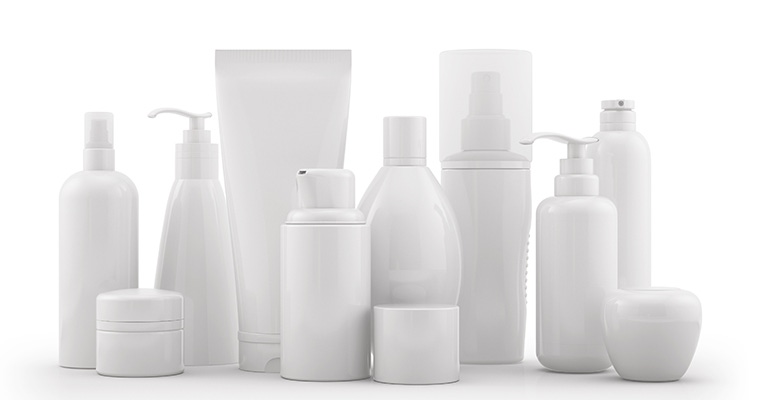Environmental Working Group: Cosmetics and personal care products exist in a 'regulatory black hole'
This week, the influential watchdog organization's senior vice president for government affairs implored the House Committee on Energy and Commerce to increase FDA's authority in the personal care sphere.

The stark lack of regulatory practices keeping U.S.-manufactured and imported cosmetics and personal care products safe to use would horrify many consumers. After all, these are the products they come into direct contact with daily—and repeated exposure to even the smallest amounts of toxic chemicals and contaminants can lead to serious health problems such as cancer in the long run.
With this in mind, the Environmental Working Group's Senior Vice President for Government Affairs Scott Faber faced the Subcommittee on Health on the morning of Dec. 4 to argue that the Federal Drug Administration needs to be empowered to crack down on the wild, wild West that is the U.S. personal care products industry. Summarized below are his main arguments.
FDA's financial resources and authority to regulate personal care products are greatly limited
Case in point: A mere two pages out of the 829-page Federal Food, Drug and Cosmetics Act touch on personal care. While food additives, color additives, sunscreens and pesticides are thoroughly examined by the organization for negative effects, FDA relies largely on "self-regulation" when it comes to cosmetics manufacturers. This, of course, is problematic because many in-house ingredient reviewers hide any data regarding toxic chemical use that would harm sales and neglect to look out for long-term ramifications.
40 other nations have banned 1,400 harmful ingredients–the U.S. regulates 9
Yep, you read that right. The Fair Packaging and Lablleing Act allows U.S.-based personal care companies to hide thousands of hazardous ingredients like formaldehyde and perfluorooctanoic acid behind vague words such as "fragrance." The Environmental Working Group has also identified many products contaminated with heavy metals within its database. Facial powders containing talc-derived asbestos are, under the current relaxed regulation methods, a common occurence.
Imported cosmetics have become a huge problem
The amount of cosmetic lines shipped into the U.S. has doubled over the last 10 years, making cosmetics one of FDA's larger categories of imports. But testing these cosmetic lines for safety is clearly not a priority within the agency given that just $5.3 million was spent in FY 2018 on reviewing them. An enormous volume of Chinese imports in particular have been found to contain illegal ingredients and microbial contamination, and the percentage of problematic cosmetic imports overall is increasing year over year.
Bipartisan reforms are needed
Cosmetics law has not kept up with the over $62 billion personal care industry, in part because cosmetics companies have made it a priority to defeat any attempt to modernize it. But as consumer concern regarding ingredient safety continues to grow, these same brands and manufacturers are warming up to the idea of giving FDA the power and resources to "review and regulate chemicals and contaminants of concern." Such a reform would also allow the agency to issue recalls or suspend a company's registration if it does not take action.
Read the full testimony here.
About the Author(s)
You May Also Like




